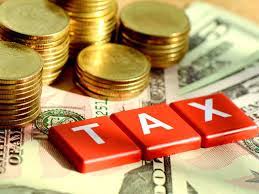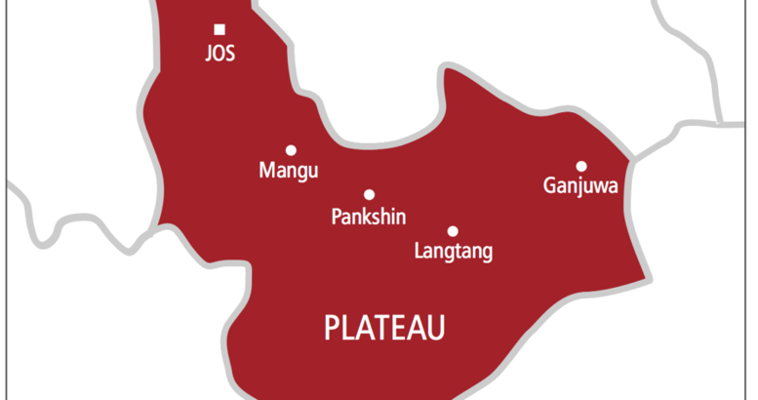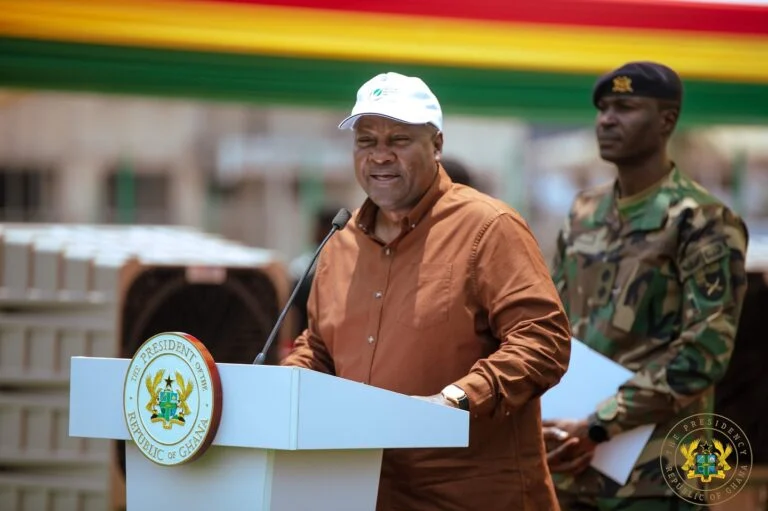Nigeria’s 2025 Tax Law: Clearing the Fog of Misinformation of Beer Palour Talks

By Arabinrin Aderonke
Barely weeks after President Bola Ahmed Tinubu signed the 2025 Tax Reform bills into law, social media has been flooded with hot takes, half-truths, and outright falsehoods. Some popular blogs have made it a constant habit to feed the public with lies. One of the loudest critics is a certain “Biggest Mack,” on Twitter who warned that the reforms would be “the end of you and your business.” His thread has gone viral, feeding fear and anger at a time when what Nigerians need most is clarity.
But a closer look at the gazetted law shows that many of the claims being peddled are misleading. Yes, taxation is never popular, but Nigeria’s new tax framework is far from the doomsday scenario being painted online.
Not Every Bank Inflow is Taxed
Let’s start with the electronic transfer levy, which Mack described as a trap waiting to bleed businesses dry. He argues that every time money enters your account, the government pounces. That is simply false. Not every inflow into your account is subject to tax. The law makes it clear: only business profits are taxable, not every deposit.
Even then, before tax is calculated, all legitimate business expenses and statutory deductions, like pension contributions, health insurance, and housing schemes, are allowed.
This is the same standard practice used in advanced economies we claim to admire. To suggest that every ₦10,000 transfer automatically attracts multiple layers of tax is fearmongering, not fact.
Protecting the Small Business Owner
Mack also raised alarm that once a business crosses ₦25 million in turnover, it automatically loses protection and gets crushed under new levies. That too is a distortion. The new law actually provides significant relief for micro and small businesses. Enterprises with turnover of up to ₦100 million and assets not exceeding ₦250 million are exempt from Company Income Tax, Capital Gains Tax, and the new Development Levy.
In plain terms: that neighbourhood provisions shop or your friend’s fashion startup is not being targeted. If anything, the reforms encourage them to formalize and grow without fear of excessive taxation. By setting exemptions and clear thresholds, the law is creating breathing space for small entrepreneurs, something Nigeria has historically failed to do.
The Development Levy Explained
Another favorite talking point for critics is the so-called “double taxation.” Mack insists that because companies pay the ₦50 electronic transfer levy, adding a 4 percent Development Levy on top amounts to extortion. But this argument ignores a simple fact: the Development Levy is applied only on assessable profit after expenses have been deducted. It consolidates multiple sector-specific charges into one, making tax obligations more transparent and predictable.
Instead of countless small levies springing up from different agencies, businesses now deal with a unified system. That is simplification, not exploitation.
Relief for Ordinary Nigerians
Perhaps the most important win in this law is for ordinary citizens. The new framework exempts anyone earning up to ₦800,000 annually from paying personal income tax. This provision lifts millions of low-income workers—teachers, artisans, junior staff—out of the tax net completely. For once, the law recognizes that survival wages should not be taxed.
Meanwhile, higher earners are taxed progressively, with rates going up to 25 percent. This aligns with global best practice: those who earn more contribute more.
VAT and Essentials Safeguarded
Contrary to speculation, the government did not increase Value Added Tax (VAT). It remains at 7.5 percent. Even better, the list of zero-rated essentials has been expanded to cover food, healthcare, education, and public transport. This means the things that matter most to everyday Nigerians are protected from tax. If implemented effectively, this measure could even ease inflationary pressures rather than worsen them.
Building a Fairer System
Beyond rates and levies, the reform is about building a tax system that actually works. By replacing the old Federal Inland Revenue Service with the Nigeria Revenue Service, the law ushers in digital filing, easier registration, and stronger dispute resolution mechanisms. A Tax Appeal Tribunal and a Tax Ombuds office now exist to protect taxpayers’ rights, while a Joint Revenue Board ensures harmony across federal, state, and local levels.
For decades, Nigerians have complained of multiple taxation, confusing rules, and harassment by officials. This law, if properly implemented, addresses those very issues.
Cutting Through the Noise
So why does misinformation spread so quickly? Because taxation is technical, and technicalities don’t trend. Simplified outrage, however, does. But we must be careful not to let beer-parlour analysis shape national discourse on something as critical as tax reform.
Of course, skepticism is healthy. Nigerians have every right to question government policies, especially in a climate of economic hardship. But questioning should be based on facts, not half-truths. The 2025 tax reform is not perfect, and implementation will be the real test. Yet it is disingenuous to call it the death of small businesses when, in reality, it provides them with new protections.
A Call for Clarity
Nigeria’s tax-to-GDP ratio has long been one of the lowest in Africa. If we want better infrastructure, education, and healthcare, then revenue must improve. The question has always been how to raise it without strangling the people. The 2025 reforms are an attempt—finally—to strike that balance.
Instead of fueling panic, we should demand clarity, transparency, and accountability in how these laws are rolled out. That is where public pressure should be directed.
The bottom line is this: the new tax law is not the monster some claim it to be. It exempts the poor, shields small businesses, and modernizes administration. Fear may be louder, but facts are sturdier. And right now, Nigeria needs facts more than ever.
Arabinrin Aderonke Atoyebi, an award-winning investigative journalist, is the technical assistant on broadcast media to the executive chairman of the Federal Inland Revenue Service_







